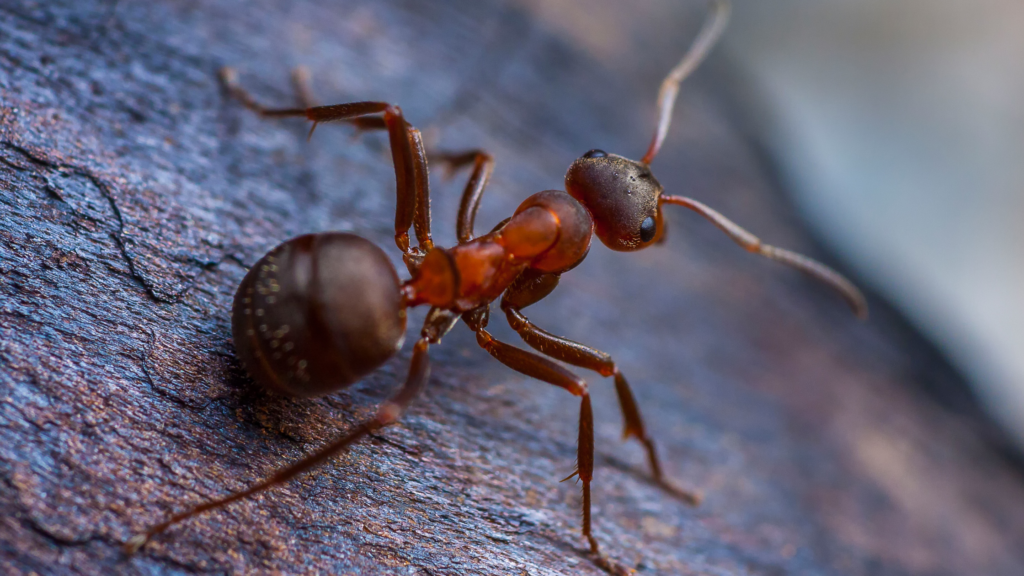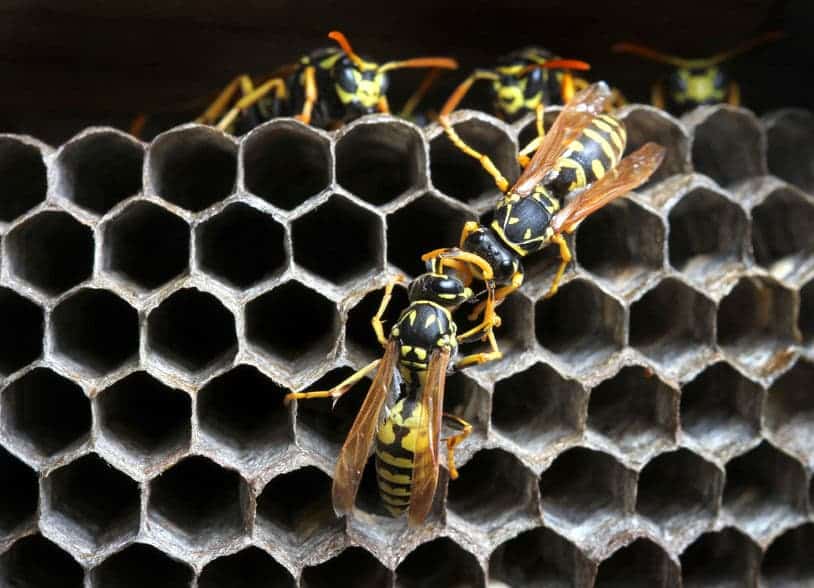‘Tis the season to prevent pantry pests from ruining holiday recipes
Throughout the holidays, families spend more time in the kitchen cooking for dinners and baking for parties. Turner Pest Control and The National Pest Management Association (NPMA) reminds people to be wary of the uninvited guests that could be hiding in the cupboards, especially in those baking ingredients that haven’t been touched in a while. Ants, earwigs cockroaches, and mice can be occasional pantry invaders, but the most common are Indian meal moths and merchant grain beetles. Once inside, these pests can quickly find homes in close proximity to human food.
“Pantry pests tend to gather around food such as flour, cereals, spices and chocolate stored in cabinets,” says Missy Henriksen, vice president of public affairs for NPMA. “They can easily contaminate stored food and become a serious problem if left unchecked. Following a few easy tips can help you protect and enjoy pest-free ingredients all season long.”
Turner Pest Control and The NPMA recommends the following steps to keep stored food free from pantry pests:
- Purchase proper storage: Heavy plastic or glass containers with airtight, secure lids keep pantries looking nice and will help protect food.
- Use a bay leaf: Add one leaf to canisters and packages of dry goods – the herb’s pungent scent repels many pests.
- Inspect groceries at the store: Most pantry pests are brought into homes from items that are already infested. Check packages for any holes or broken seals before placing them in the cart.
- Check the date: Remember to check expiration dates on baking ingredients before use. Visually inspect items that have been left untouched in the pantry for signs of pests.
- Practice good sanitation: Wipe up crumbs and spills as soon as possible. Also, periodically clean cupboards with soap and water to remove any food residue that may accumulate over time.
- Seal cracks: Look for any cracks or holes where pests might be coming into your home and seal them shut.
If you suspect an infestation, contact Turner Pest Control to inspect, identify and treat the problem. For more pest-proofing tips and information about common household pests, visit www.pestworld.org. Visit turnerdevsite.wpengine.com to learn more about Turner Pest Control.
The NPMA, a non-profit organization with more than 7,000 members, was established in 1933 to support the pest management industry’s commitment to the protection of public health, food and property.


